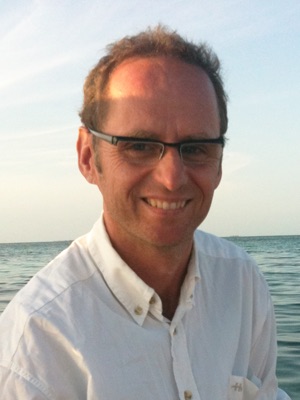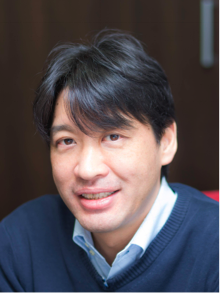News
Student Exchange Memorandum signed between the Faculty of Mathematics and Natural Science, Heinrich Heine University Düsseldorf and the Institute of Transformative Bio-Molecules and the Graduate School of Science and School of Science, Nagoya University
On May 25, 2018, a Student Exchange Memorandum was signed between the Faculty of Mathematics and Natural Science, Heinrich Heine University Düsseldorf (HHU) and the Institute of Transformative Bio-Molecules (ITbM) and the Graduate School of Science and School of Science, Nagoya University, with the desire to develop academic exchange and cooperation in education and research between the two universities.
The two universities, based upon the principles of respect for each other's independence and of mutual benefit, agree to collaborate in the following activities:
(1) Exchange of students,
(2) Exchange of professors, research scholars and staff,
(3) Exchange of scientific material, publications, and information,
(4) Joint research and other activities within the range of interest of both universities.
Heinrich Heine University Düsseldorf was founded in 1965 and is situated in the city of Düsseldorf in Germany. The university consists of 5 faculties: Faculty of Medicine, the Faculty of Mathematics and Natural Sciences, Faculty of Arts and Humanities, Faculty of Business and Economics and the Faculty of Law. Today, around 30,000 students, more than 2,000 lecturers and 900 employees study, teach, and work at HHU.
The university proudly bears the name of Heinrich Heine (1797-1856), the famous 19th century poet and native son of Düsseldorf. Following his ideals, HHU strongly supports intellectual freedom, cultural pluralism, racial and religious tolerance, and gender equality.
The Faculty of Mathematics and Natural Sciences (MNF) employs more than 800 Scientists in 7 departments: Biology, Chemistry, Computer Sciences, Mathematics, Pharmacy, Physics and Psychology. Among the wide-ranging research areas covered by the faculty, several cooperative programs put specific emphasis on Life Sciences and Physics.
Nagoya University (NU) was founded in 1871, starting from the establishment of the Temporary Medical School/Public Hospital. NU is a core university in the Chubu region, and consists of 9 Schools (Humanities, Education, Law, Economics, Informatics, Science, Medicine, Engineering, Agricultural Sciences), 13 Graduate Schools (Humanities, Education and Human Development, Law, Economics, Informatics, Science, Medicine, Engineering, Bioagricultural Sciences, International Development, Mathematics, Environmental Sciences, Pharmaceutical Sciences), approximately 1,700 faculty members, 16,300 students, and 2,200 overseas students.
The main characteristics of NU are its free and vibrant academic culture and interdisciplinary collaboration. With "contribution to society" as its major goal, NU is currently promoting cutting edge research, and conducting university-wide efforts in internationalization, gender equality, and academia industry collaborations.
The Institute of Transformative Bio-Molecules (ITbM) was founded in 2013 as one of the centers of the World Premier International Research Center Initiative (WPI) program funded by the Japanese Ministry of Education, Culture, Sports, Science and Technology (MEXT). The aim of ITbM is to create a new interdisciplinary field of research through the collaboration of cutting edge synthetic chemistry, animal/plant biology, and theoretical science, as well as to deliver bio-molecules that change the way we live, i.e. "transformative bio-molecules".
The School of Science of Nagoya University was established in 1942, consisting of the Departments of Chemistry, Physics, Biology and Math. In 1949, the Geoscience Department was established and the School of Science now consists of the following 5 departments: Department of Mathematics, Department of Physics, Department of Chemistry, Department of Biological Science and Department of Earth and Planetary Sciences.


From the left: Professors Wolf B. Frommer (Director, Institute of Molecular Physiology, HHUD), Professor Kenichiro Itami (Director, ITbM)
Links:
- Faculty of Mathematics and Natural Science, Heinrich Heine University Düsseldorf
- Heinrich Heine University Düsseldorf
- Institute of Transformative Bio-Molecules, Nagoya University
- Graduate School of Science and School of Science, Nagoya University
2018-06-22

